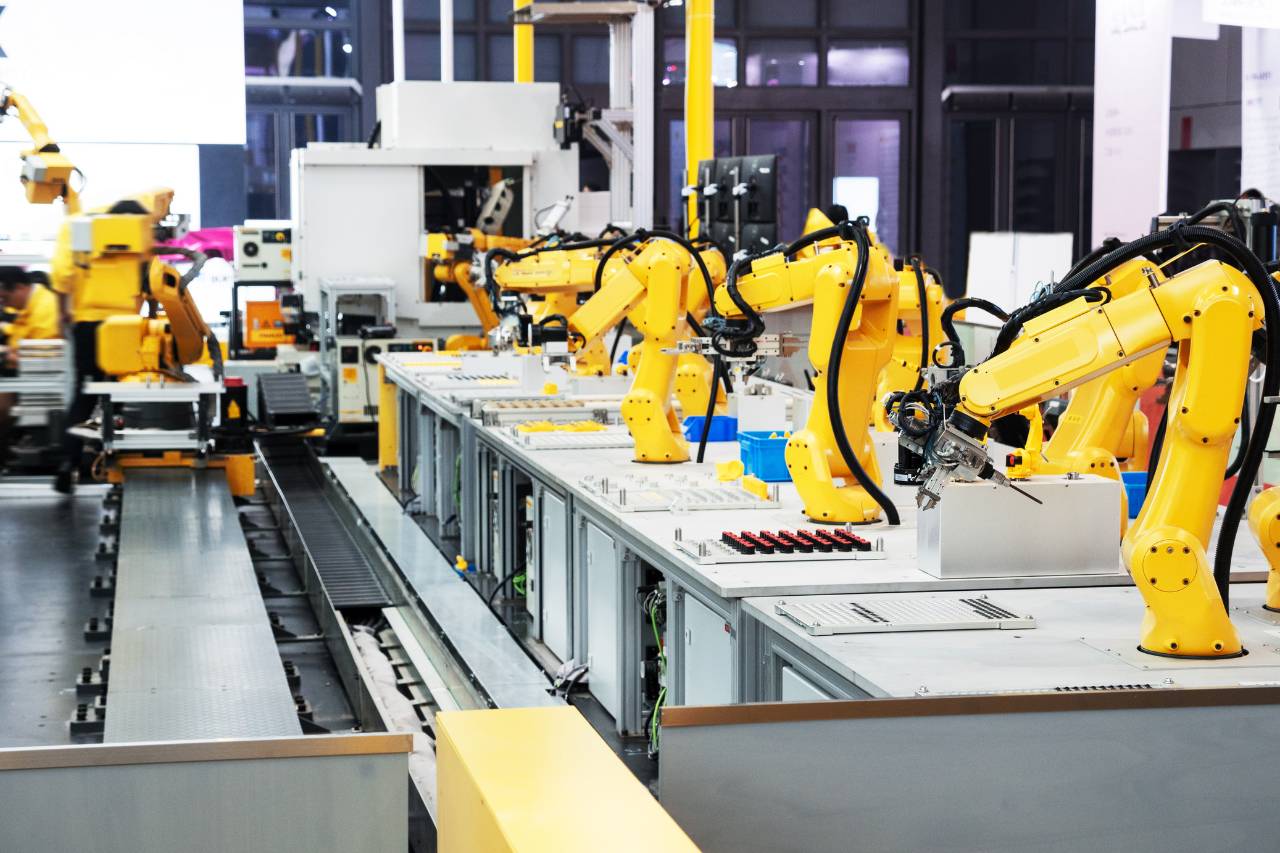Artificial intelligence (AI) is rapidly transforming industries, reshaping workflows, and redefining human-machine collaboration. Its rise brings remarkable benefits to businesses, including enhanced efficiency, improved workflow and an overall better employee experience when integrated properly. However, this AI-driven revolution also comes with new challenges, especially for the workforce.
By 2030, it is predicted that up to 30% of U.S. jobs could be automated due to AI and other technologies, according to McKinsey & Company . While this may seem like a daunting statistic, it highlights the pressing need for employees to upgrade their skills continuously. To thrive in the evolving job market, workers must possess a blend of technical expertise and essential human skills. This shift isn’t just about keeping up with technology but about redefining one’s role in a world where AI is becoming central.
Emerging Challenges in the AI World
As AI-driven automation makes strides in industries across the globe, traditional jobs are experiencing shifts. Automation is particularly impacting manual labor and repetitive tasks, raising concerns among workers about job security.

One example of this tension surfaced during the recent strike by the Longshoremen’s Association , affecting 36 ports across the U.S. Workers voiced their concerns about job displacement caused by automation, demanding protections against AI replacing their roles. This incident highlights the anxiety surrounding AI in industries where workers fear becoming obsolete.
It is clear that AI is reshaping the workforce faster than companies can keep up with training programs. A study shows that by 2027, nearly 44% of workers’ core skills could be disrupted by factors such as AI, the green transition and shifts in the global economy. Given this, both workers and companies must prioritize adaptability and reskilling to mitigate job displacement and skill shortages.
The Skills Gap and Job Displacement
One of the biggest challenges facing the workforce is the skills gap—the disconnect between the skills workers currently possess and those demanded by an AI-driven world. Many jobs are at risk of being automated, but the real issue is that many employees lack the necessary skills to remain competitive in the evolving marketplace.
This calls for proactive measures on the part of both employees and employers. Workers need to take responsibility for their future by seeking opportunities for upskilling and reskilling, ensuring they can meet the demands of a tech-dominated workforce. As technology advances, job roles will inevitably change, making continuous learning necessary.
Key Skills for Adapting to the Future of Work
1. Embrace Continuous Learning
Staying competitive in the age of AI requires a commitment to lifelong learning. Continuous learning is not just an option; it’s a necessity. Organizations that provide their workforce with opportunities for skill development will benefit from an adaptable and future-ready team. Employees, in turn, should seek out training in emerging fields such as data analytics and cybersecurity. Familiarity with cloud computing and AI technologies will be especially valuable as more companies adopt these tools.

2. Creativity and Critical Thinking
Although AI excels at automating routine tasks, creativity remains one of the most valuable human traits. Workers who can think outside the box, solve problems in unique ways, and approach challenges with curiosity will always be in demand. Additionally, critical thinking is essential in decision-making and team collaboration, particularly in leadership roles within an AI-driven workforce. Leaders who can guide their teams through complex, AI-enhanced processes will be indispensable.
3. Emotional Intelligence and Collaboration
In the digital age, interpersonal skills cannot be overlooked. As more businesses shift to remote and hybrid work models, emotional intelligence (EQ), empathy, and strong communication skills become increasingly important. Workers with high EQ will be able to navigate complex social dynamics, build stronger relationships, and foster team cohesion.
Furthermore, mastering video and virtual collaboration platforms is essential for ensuring productivity and inclusivity, especially in global teams where face-to-face interaction may not be possible. Employees adept at collaborating across digital platforms will help maintain effective teamwork in this new, more flexible work environment.
4. Networking and Relationship-Building
Professional networks are another crucial asset in an AI-driven economy. Building and maintaining connections not only opens doors to new opportunities but also enables workers to acquire transferable skills. This is particularly relevant for remote workers or those displaced by technology, as virtual networking can provide face-to-face connections and opportunities to stay engaged in the industry.
5. Adaptability and Resilience
AI is continuously evolving, and so too must the workforce. Adaptability—the ability to quickly adjust to new technologies, processes, and work structures—will give employees a competitive edge. Those who demonstrate resilience in the face of uncertainty, while maintaining a growth mindset, will thrive in this ever-changing landscape.
Specialized Skills in an AI-Driven Economy
In addition to adaptability, certain specialized skills will be essential for workers to succeed in the AI-driven job market.
Data Analytics and Interpretation: As industries increasingly rely on data to drive decisions, the ability to analyze and interpret data has become indispensable. Workers in all fields, not just tech, should develop data literacy to make informed, strategic decisions that enhance business performance.

Digital Literacy: Proficiency in using digital platforms and software is now a baseline requirement. Workers must be comfortable navigating a digital-first workplace, where remote work and digital collaboration are the norms.
Human-to-Human Skills: Despite the rise of AI, human interaction remains at the core of most business functions. Strong communication skills, empathy and cultural competence will be vital in maintaining relationships and fostering inclusivity in an increasingly globalized workforce.
Strong Leadership Skills: Leaders who cultivate a culture of innovation and open-mindedness will be better equipped to guide their teams through the AI revolution. Managers who prioritize lifelong learning and foster resilience within their teams will create stronger, more agile organizations.
The Role of Employers and Policymakers
Collaboration between businesses, policymakers and educational institutions is essential to fully prepare workers for an AI-dominated future. Employers must invest in reskilling and upskilling programs, ensuring that their workforce has the tools necessary to remain competitive. At the same time, policymakers and educational bodies must work together to bridge the skills gap and create pathways for continuous learning.
Embracing Change and Innovation
AI is undoubtedly transforming the job market, but it doesn’t have to displace workers. By embracing continuous learning, adaptability and human skills, employees can not only survive but can thrive in this new landscape. Employers, too, have a crucial role in fostering environments that encourage skill development, innovation and collaboration. In this way, it is possible to build a workforce that is ready for the AI revolution.
Want to gain insights into other major trends and developments impacting the future of collaborative work in 2025 and beyond? Learn about the evolving workplace and what organizations and employees can do to meet the new demands in our Future of Collaborative Work 2025 report .